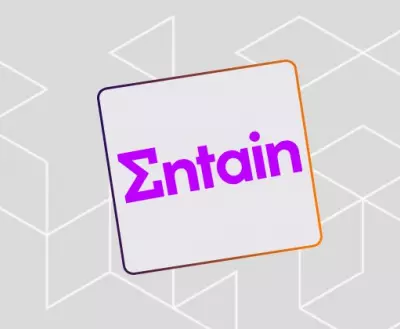When it comes to regulating the unregulatable, governments worldwide are more than happy to stick their necks out. This is never truer than it is in regulation concerning online gambling, where governments across the world go out of their way to try and prevent citizens from accessing online gambling services.
In some cases, that’s because online gambling is illegal, and any operator doing business online in that jurisdiction is acting outside of the law – see the US as the prime example, where some forms of online gambling remain outlawed. In other cases, it’s to do with the fact that countries are establishing their own licensing regimes, and want to enforce a monopoly on operators that are free to accept online players from their jurisdiction.
Whatever the reason, attempts so far to block gambling sites at a domain level tend not to be particularly effective. Yet that is exactly the route currently being proposed by the government in Switzerland, where plans to block online gambling domains are well under way.
However, in a last ditch effort to prevent the new laws from being introduced, a group of politicians, lobbyists and activists have managed to raise a petition of 60,000 signatures, sufficient to take the matter to a vote of the Swiss people.
The move follows on from the new law, which was approved by the Swiss government last year. Using the direct democracy model of referenda that is designed to ensure significant decisions are put to a vote of the people, rather than left to the lawmakers exclusively, the activists concerned have managed to put the brakes on these new proposals, pending the outcome of the vote.
The government law allows offline operators to extend their operations online to Swiss customers, but has been setup to explicitly prevent international operators from reaching out to Swiss customers. This has been prompted by claims from land based operators that international online operators are eating into the business, an assertion that has been disproved by industry studies several times over.
Yet in hock to their interests, the Swiss government has brought forward these proposals. However, as with any new Swiss law in its first 100 days, a petition of 50,000 signatures or more is sufficient to trigger a referendum. It is now up to the government to verify the numbers, and to propose a date for the gambling plebiscite.
Andri Silberschmidt of the Young Liberals, one of the leading groups in support of the petition, said Swiss people don’t want the level of state interference being proposed.
“Most people we talked to during our campaign in all different parts of the country don’t want state interference in legal online offer. And they don’t want protectionism for domestic casinos.”
By all accounts, the campaign has ignited a passionate response, and not just amongst industry stakeholders. There is a strong libertarian tendency in Swiss politics, particularly amongst younger, Internet-savvy voters, and there is hope that the referendum could swing in their favour, given the fervour of their activism and campaigning in raising the petition.
However, the Swiss Federation of Casinos, which represents the offline casino industry, has suggested financial support from online operators helped push the petition over the line, a factor which has caused several grumbles in their ranks.
Highlighting the tendency for domain blocking to be ineffective at limiting casino access, Lukas Reimann from the Swiss People’s Party told local press that the ‘majority of casinos have foreign owners’, speaking to the virtues of a market free from government intervention.
The date for the referendum is still to be set, but one thing is for sure – this fight could get dirty, as the Swiss casino industry tries to re-assert its monopoly position.








